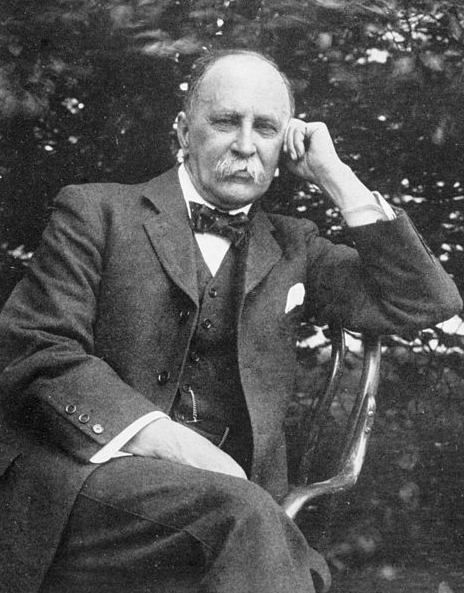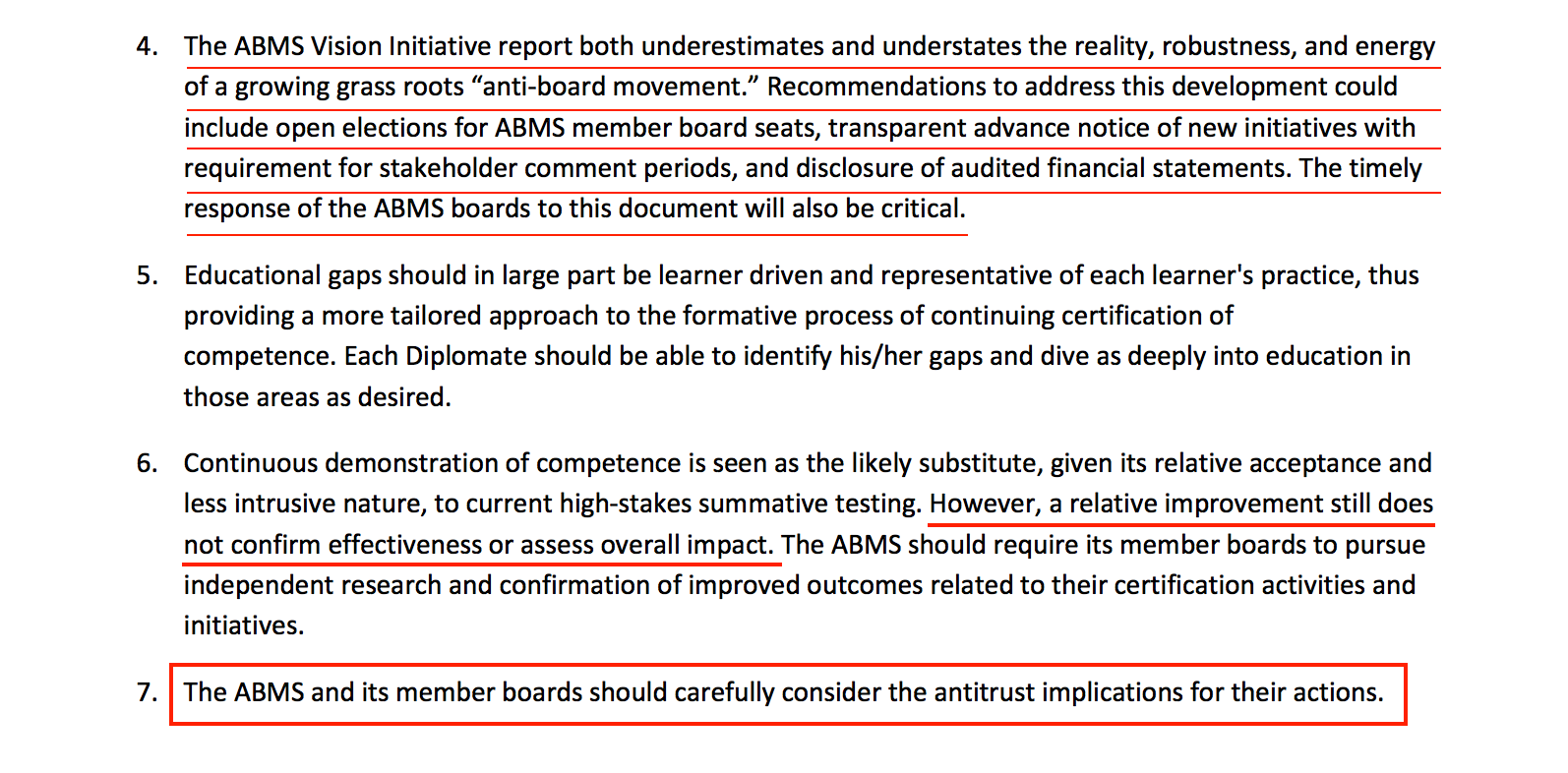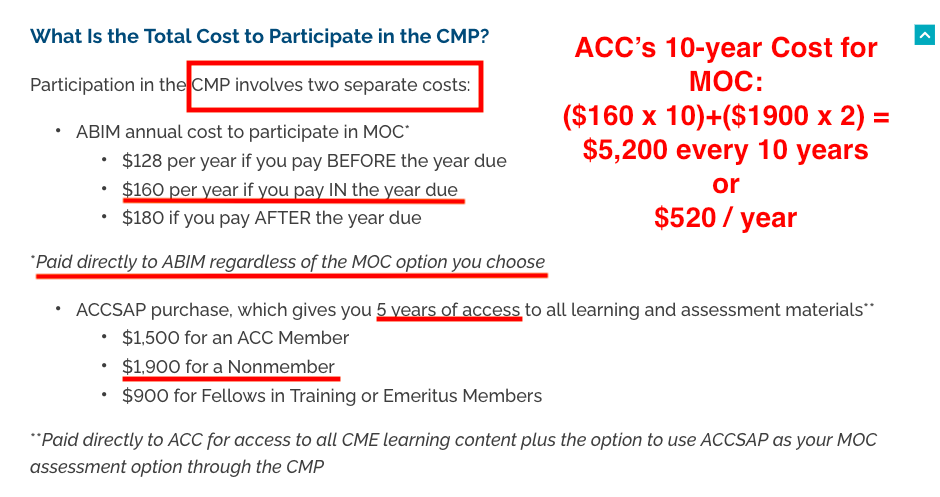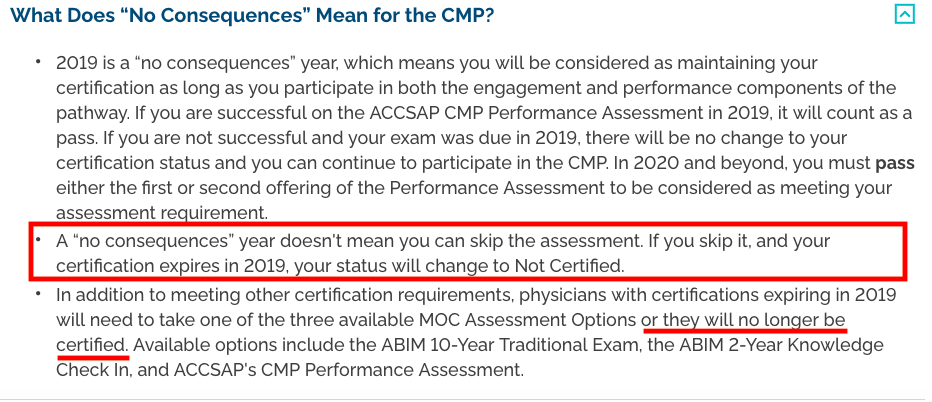 |
| William Osler |
"To study the phenomenon of disease without books is to sail an uncharted sea, while to study books without patients is not to go to sea at all."
"The philosophies of one age have become the absurdities of the next, and the foolishness of yesterday has become the wisdom of tomorrow."
"Common sense in matters medical is rare, and is usually in inverse ratio to the degree of education."
- William Osler
Officially, March 30th marks "National Doctor’s Day" in the United States. National Doctor’s Day was started by Eudora Brown Almond in 1933. The date was chosen to mark the date that Dr. Crawford Long, in 1842, first used ether to anesthetize a patient and painlessly excised a tumor from his neck. Mrs. Almond, the wife of a doctor, wanted to create a day to recognize physicians. She did so by mailing greeting cards to doctors and placing flowers on the graves of deceased doctors. The day was later expanded to "Physicians Week" in March 2017 by Drs. Marion Mass, Kimberly Jackson, and Christina Lang who applied to officially have "Doctor's Day" changed to "Physicians Week."
Healthcare today is more complex than ever before. Our role as working physicians is critical to families, individuals, and their loved ones. It is an incredible privilege and responsibility. Yet, we are faced with new and growing challenges, many caused by greed and "the foolishness of yesterday." Much of the last five years of mine has been spent educating other physicians about this issue on this blog's pages.
Despite these efforts, the American Board of Medical Specialties (ABMS) Maintenance of certification (“MOC™”) requirements and costs continue to grow. They sap our time and resources, making us less available to our patients as we increasingly must "study books without patients." Meanwhile, the organizations behind MOC™ and their substantial resources remain unchecked.
The American Board of Internal Medicine (ABIM), the largest ABMS member board, has recently filed a motion to dismiss the case challenging MOC™ and similar motions are expected in the cases against the American Board of Radiology (ABR) and the American Board of Psychiatry and Neurology (ABPN) in the next month or two. The boards have legions of attorneys lined up to defend their conduct and millions of dollars with which to pay them. Your contributions, thus, remain critical in our fight.
So take a moment and really reflect on Osler's words above.
In honor of National Physicians Week (and National Doctor's Day), I ask you to help me by donating now to get us to the next stage of the lawsuits against MOC™. If you have already given, please consider giving again, as I have done. And please promote our cause to your friends and colleagues. If each one of us can invite just two or three new donors to read about our fight and contribute, we could reach our latest goal, which is to have 1,000 new donors contribute $200 each. These contributions will go directly to continuing our legal fight against MOC™. 100% of your contribution goes toward funding the lawsuits (less third-party credit card processing fees).
Many have had concerns of repercussions to themselves should they contribute. If you wish to keep your participation private, you can designate your contribution as anonymous too. As before, you also have the option to add a “tip” to help GoFundMe maintain its platform. Any “tip” is entirely voluntary, goes directly to GoFundMe, and will not be applied to our goal.
For those wanting to send a check in lieu of using the GoFundMe page, please earmark your check for "Legal Fund" and send it to:
Practicing Physicians of America, Inc.
876 Loop 337, Building 101
New Braunfels, TX 78130
We could not have reached this point without you, and I hope you will continue to help in the fight to take down MOC™ -- for your own benefit and the benefit of your patients.
-Wes
(aka, Westby G. Fisher, MD
Member, Executive Board
Practicing Physicians of America, Inc.)





